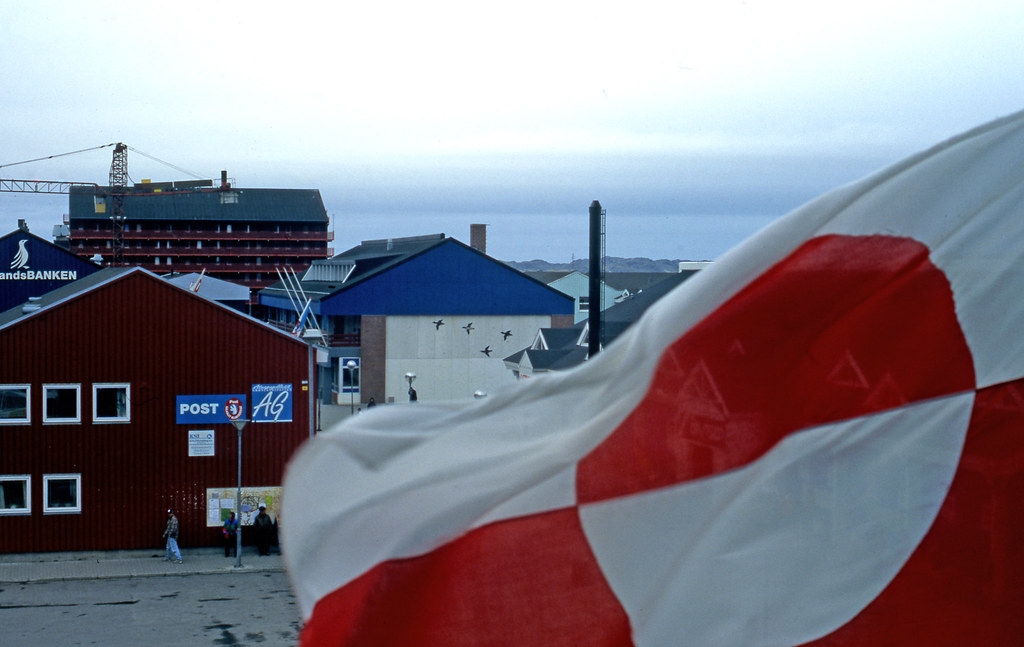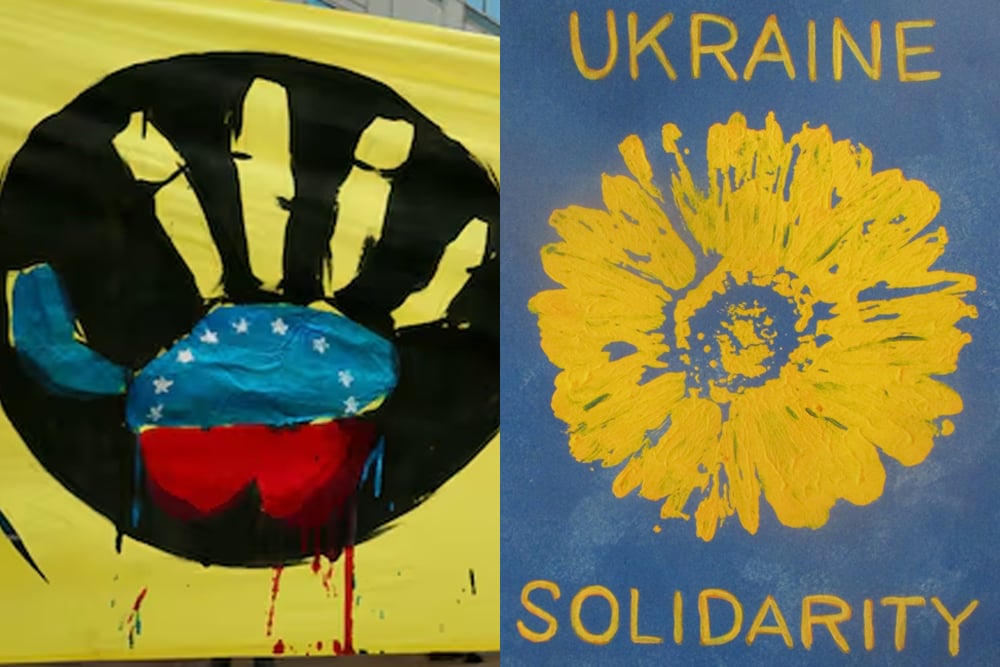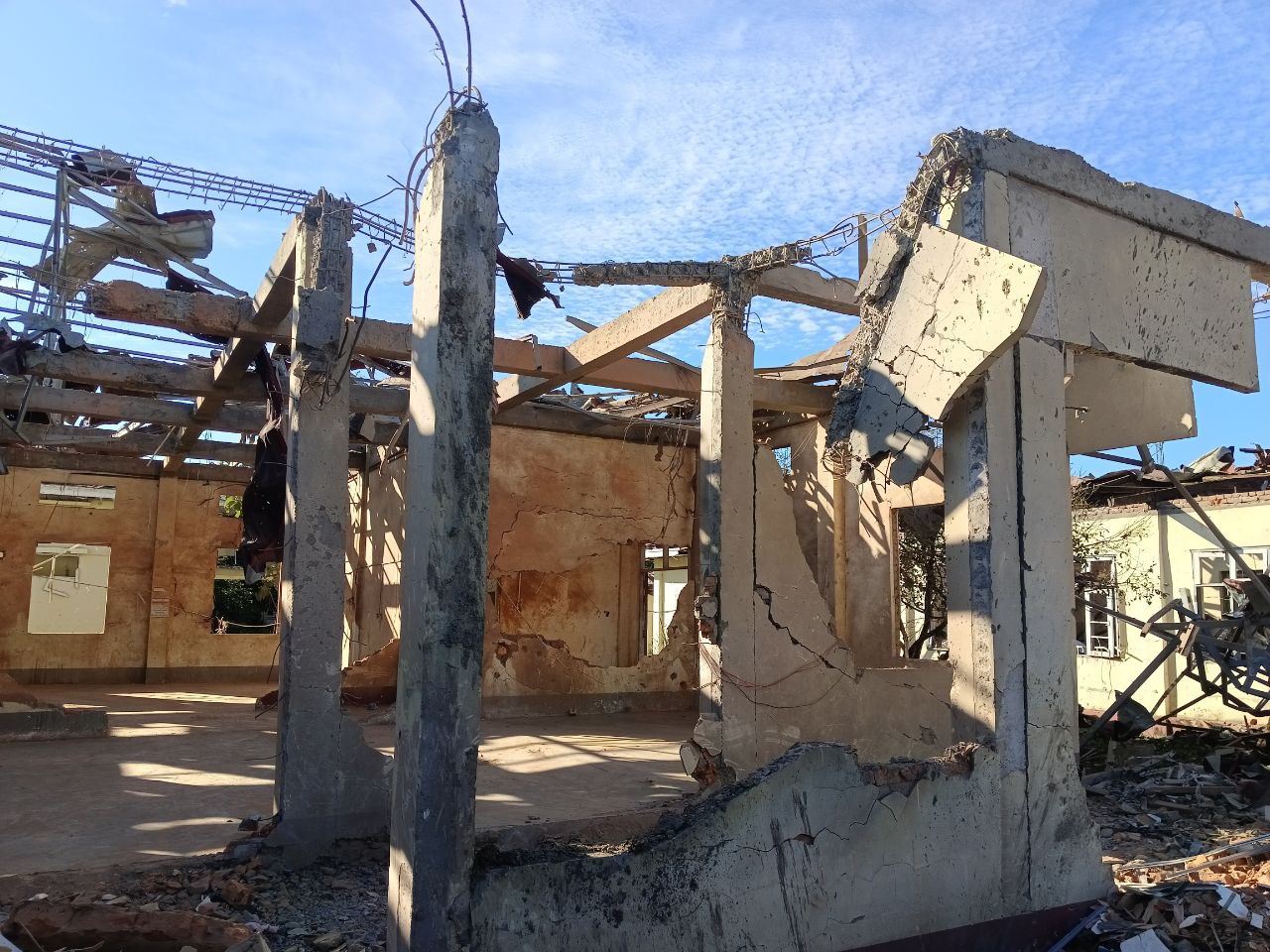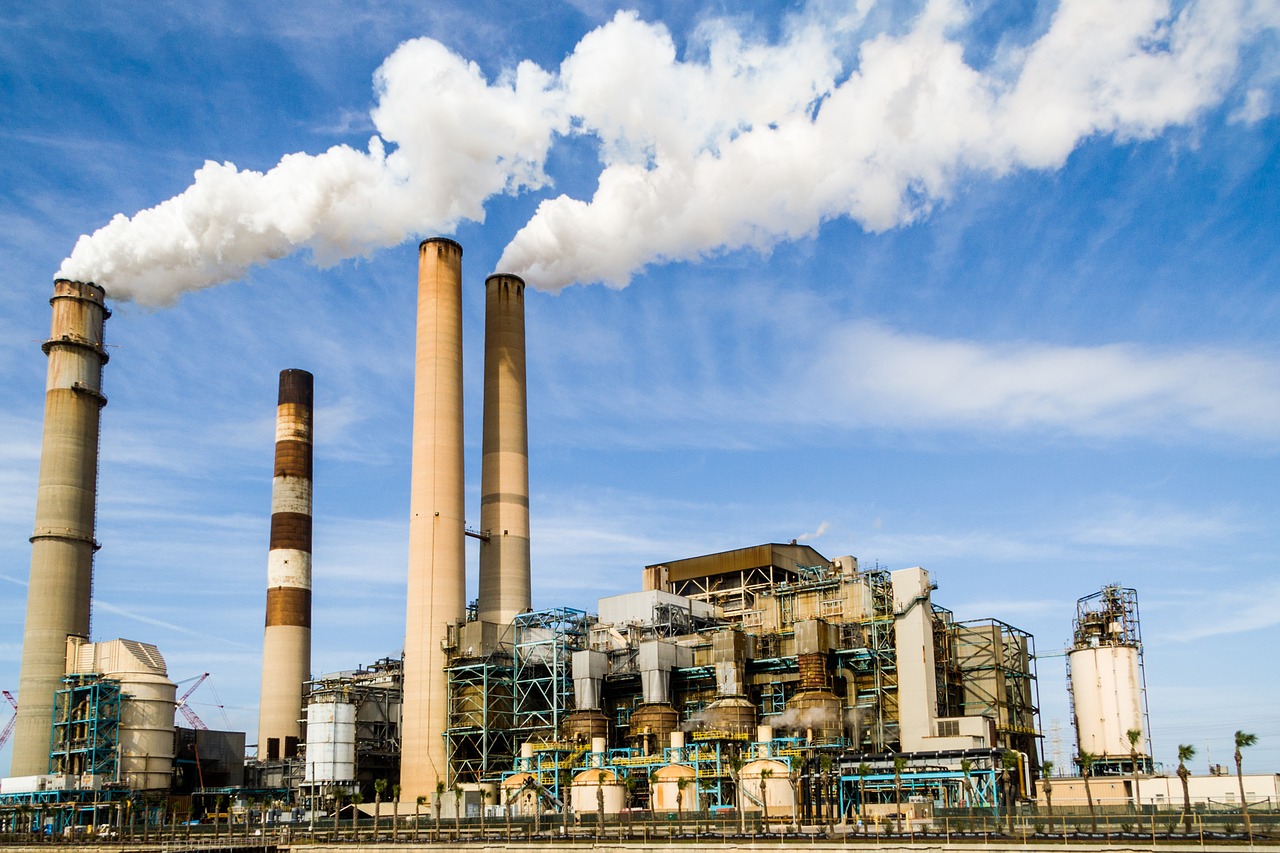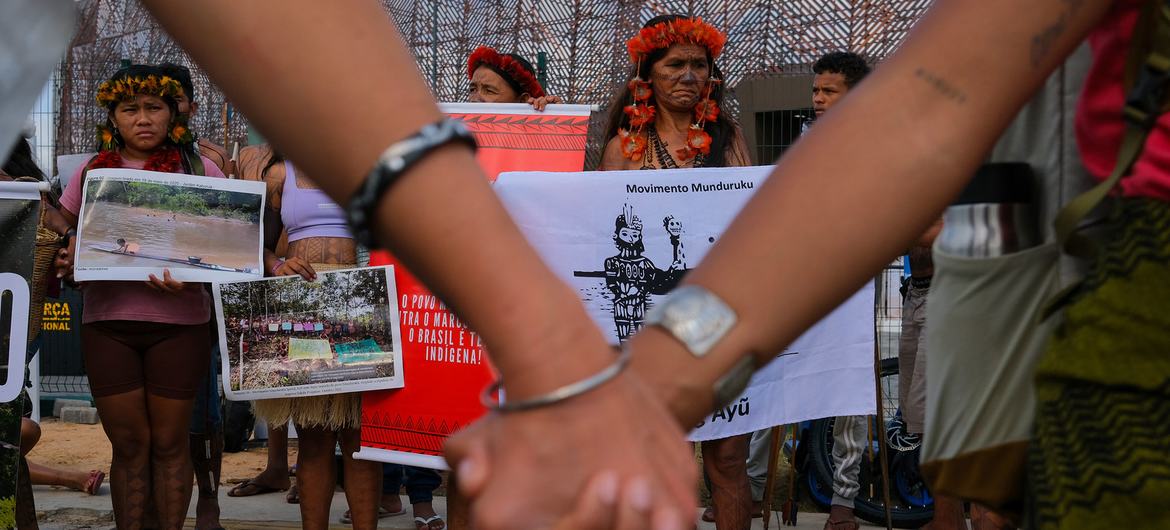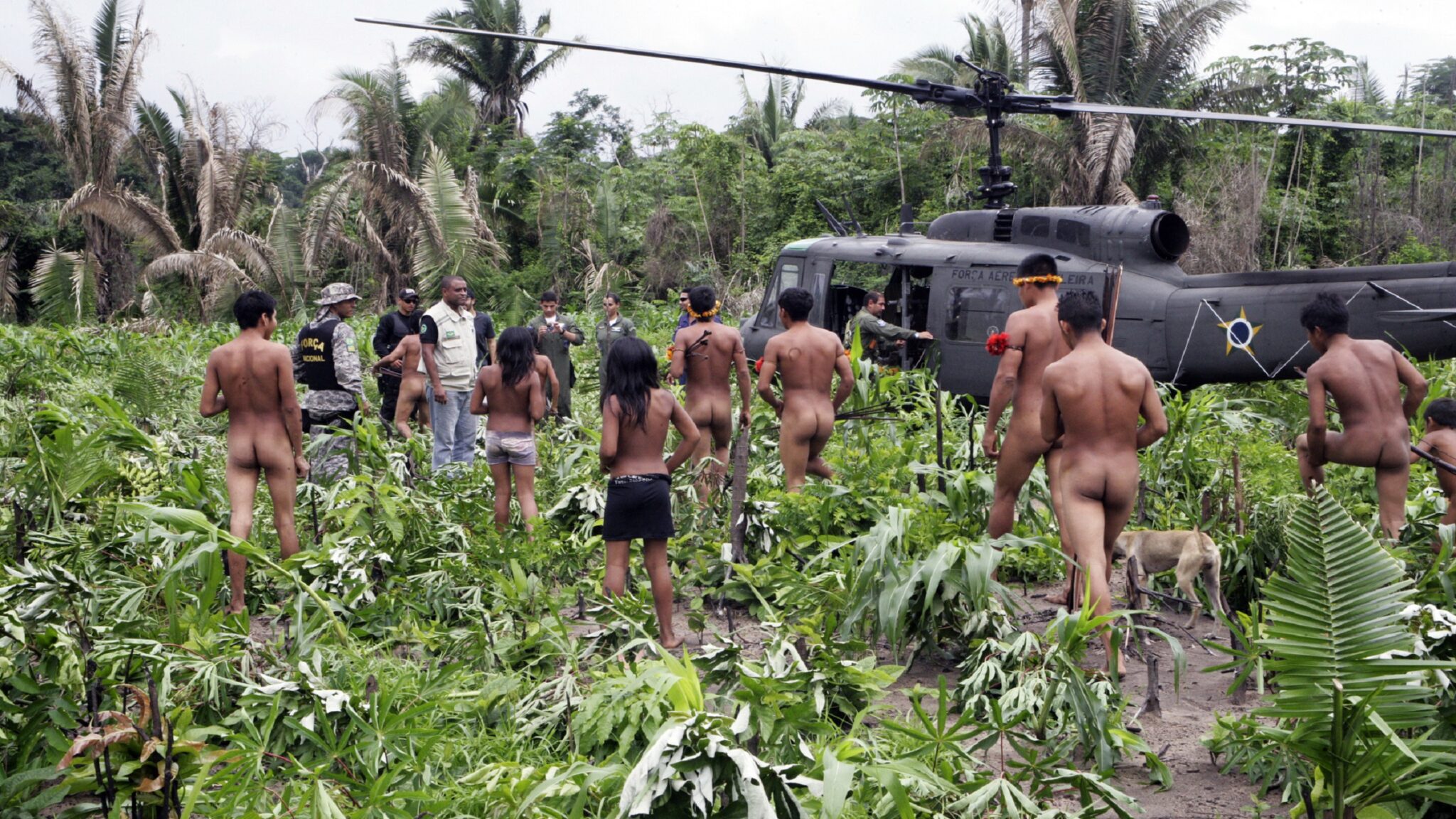
Today Greenland, tomorrow the world
Trump’s Greenland annexation drive is only secondarily about the strategic minerals, but fundamentally driven by a geostrategic design to divide the planet with Putin. Even if his belated and equivocal disavowal of military force at the Davos summit is to be taken as real, the threat has likely achieved its intended effect—dividing and paralyzing NATO, so as to facilitate Putin’s military ambitions in Europe, even beyond Ukraine Also at Davos, Trump officially inaugurated his “Board of Peace,” seen as parallel body to the United Nations that can eventually displace it—dominated by Trump and Putin, in league with the world’s other authoritarians. In the Greenland gambit, the territory itself is a mere pawn in the drive to establish a Fascist World Order. In Episode 314 of the CounterVortex podcast, Bill Weinbergcalls for centering indigenous Inuit voices on the future of Greenland, and universal repudiation of annexationist designs. (Image: TruthSocial)





